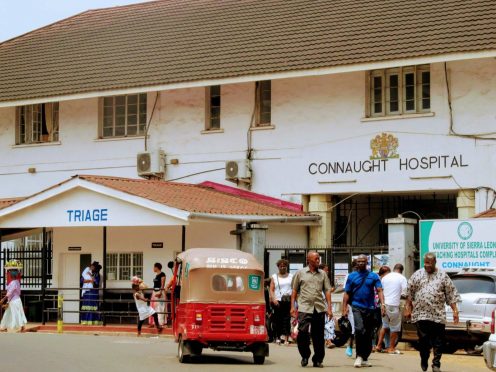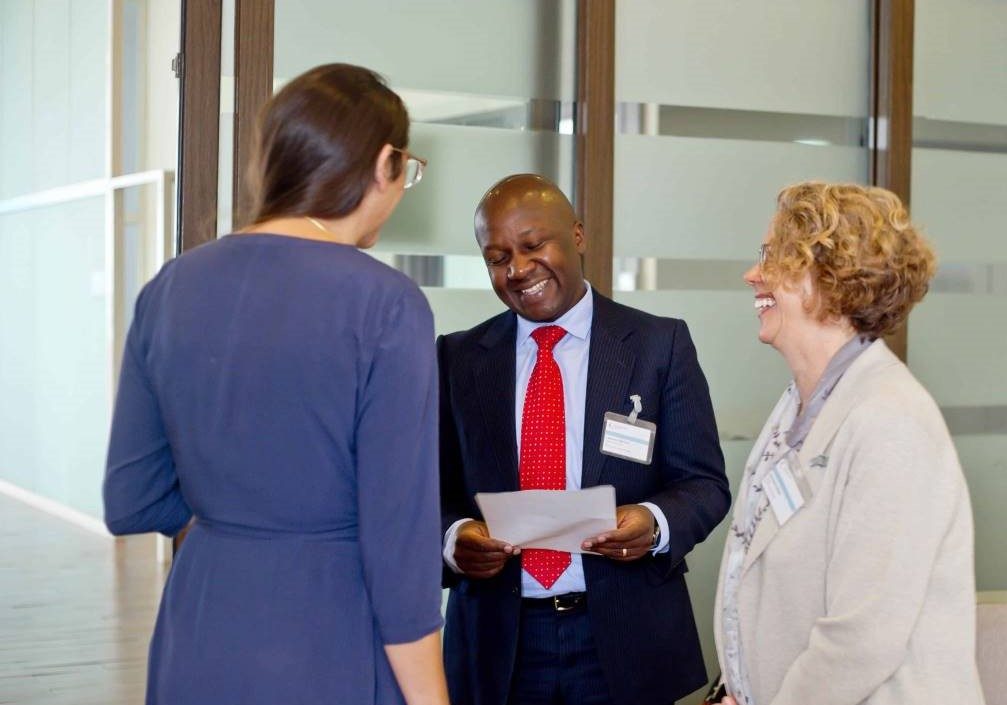The Oxford Policy Fellowship (OPF) model is based on the principle that the rule of law is essential in creating a legal and policy frameworks that lay the foundations for good governance and sustainable development.
The important role of law plays in international development has been overlooked. Many low- and middle-income country governments are faced with a shortage of lawyers in their civil services. This chronic lack of lawyers across government has resulted in sub-optimal policies and laws.
To address this problem, OPF posts high-calibre lawyers within ministries in order to support the government’s own legal and policy needs. By embedding support, address immediate legal gaps as well as develop capacity in the long-term.
This work has resulted in the strengthening of legal and policy environments as well as reinforcing, for example, the ability of our Government Partners to negotiate effectively with investors and international financial institutions. This underpins effective governance and rule of law, which contributes to the implementation of the sustainable development goals (SDGs).
OPF’s embedded and demand-driven technical assistance has contributed to often very significant policy, legal, institutional and transactional changes in each country. These have helped both with SDG 16 (Peace, Justice and Strong Institutions, and notably the target to ‘build effective, accountable and inclusive institutions at all levels’) and with other SDGs (notably environment, health, and education SDGs). External mid-term review 2020
A unique model
OPF’s technical assistance model is different from most existing forms of technical assistance as identified in our paper ‘Revisiting technical assistance’. Our model is distinguished by its focus on long-term, demand-led embedded technical assistance, which enables support that is responsive and government-owned.
Throughout difficult times during the Covid-19 pandemic, OPF has continued to support Government Partners either in-country or remotely. Thanks to the long-term support, OPF Fellows could contribute to immediate responses to the pandemic and the creation of recovery plans.
Continious learning
OPF has a rigorous monitoring, evaluation and learning (MEL) system which ensures that the programme learns from and applies the experiences and lessons. The MEL system helps us to identify and document the results and impact of the programme. We have documented our model of technical assistance and distil ‘what works’ when providing embedded legal advice.
I truly believe that we need lawyers to work in the policy space. We have a different perspective, we have a different skill that is very important for policy and there is definitely a gap, when we are working we see the gap and its important to fill this gap and maybe build capacity in the process. Kanan Dubal, Fellow 2019-2021, Ministry of Education, Ghana
Value for money
The OPF model achieves positive change in strengthening the rule of law. In addition, the cost of placing a Fellow in-country is a fraction of that of a commercial lawyer. The annual cost of a Fellow would employ a commercial lawyer with the same skills and experiences for about four weeks. The programme thereby provides excellent value for money.

